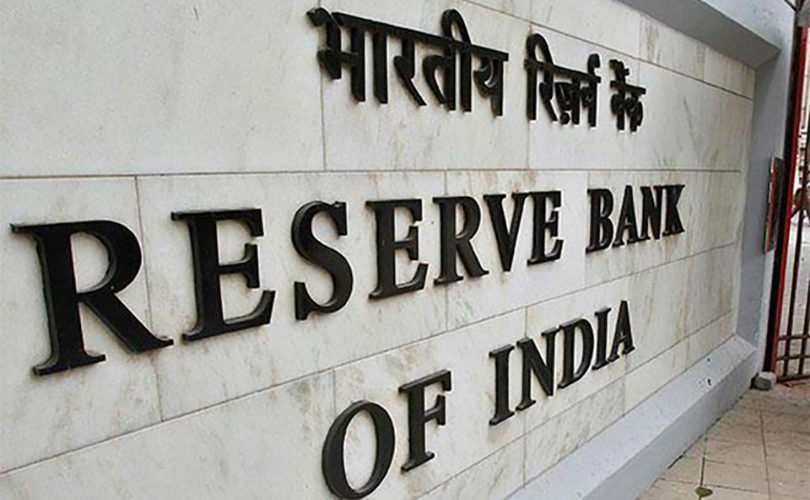
The Reserve Bank of India (RBI) will seek a legal opinion in the Kotak Mahindra Bank’s promoter holding issue. The Bombay High Court last month adjourned its hearing of a writ petition filed by the bank challenging the RBI’s rules on promoters’ shareholding in private banks till January 2020 due to time constraints. According to sources, the RBI is seeking a legal opinion on whether it should file a petition for an early hearing in the case or move ahead with enforcement action, the Economic Times reported.
The bank had filed a petition in the court in December 2019 challenging the RBI directive of August 13, 2019. The RBI had directed the bank to dilute the promoter’s shareholding from around 30 per cent to a maximum of 20 per cent of its paid-up voting equity capital by December 31, 2018, and to 15 per cent by March 31, 2020.
Though the court did not grant the bank any interim relief, the RBI had not levied any penalties on Kotak Mahindra Bank since the case was pending before the court.
The court last month asked for an affidavit from the bank promoters stating that they had complied with the RBI’s directive to dilute the promoter’s shareholding. A division bench of Justices AS Oka and MS Sanklecha sought to know as to why the bank had approached the court and why the promoters had not challenged the RBI orders.
The high court had in the past on two hearings refused to grant any interim relief to the bank. In the petition, the bank sought to widen the definition of the paid-up equity capital to include the preference shares as well beyond the present equity voting capital. It also questioned the laws related to the capping of the shareholding at a more fundamental level, asking if there was a legal basis to have shareholding caps.
As per the bank’s plea, the RBI had initially requested it to only dilute promoter shareholding of its paid-up capital. However, the disputable letter sought dilution of paid-up voting equity capital. As per the plea, after receiving the letter from the RBI, the bank wrote two letters — one on September 4, 2018, to the RBI and the other on September 24, 2018, to the RBI governor — seeking clarification, but haven’t received a reply since.
In the previous hearing on December 17, 2018, RBI counsel opposed the plea and said the reason behind asking for promoter stake dilution was to ensure voting power was not in the hands of one single group. The lender in its petition has termed the RBI’s directive as “arbitrary, without any authority of law and contrary to the provisions of the Banking Regulation Act, and Article 14 and 19(1)(g) of the Constitution”.
A petitioner even said the RBI has the power to issue directions requiring reduction of promoter shareholding in banking companies. He added the said power can only be exercised with reference to the petitioner’s paid-up capital and not in relation to its paid-up voting equity capital.
The bank has asked the court to quash and set aside the RBI directions on equity dilution. It has also pleaded with the court to declare that the reduction of promoter shareholding should be considered complied with if it is achieved as a percentage of the paid-up capital and not the paid-up voting equity capital of the bank.


